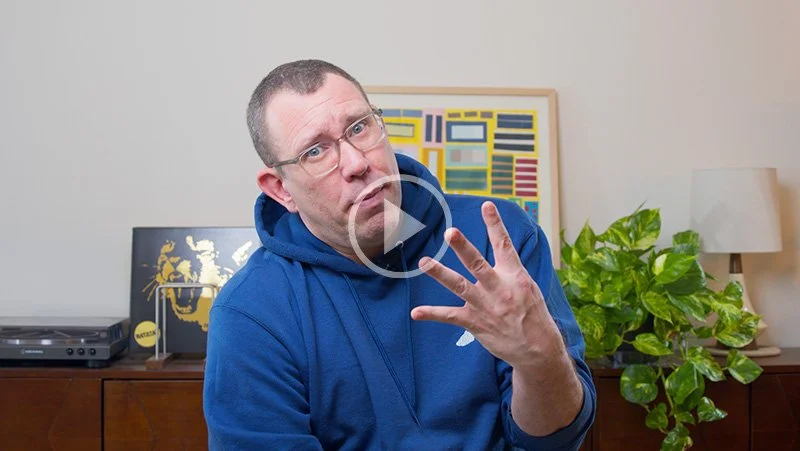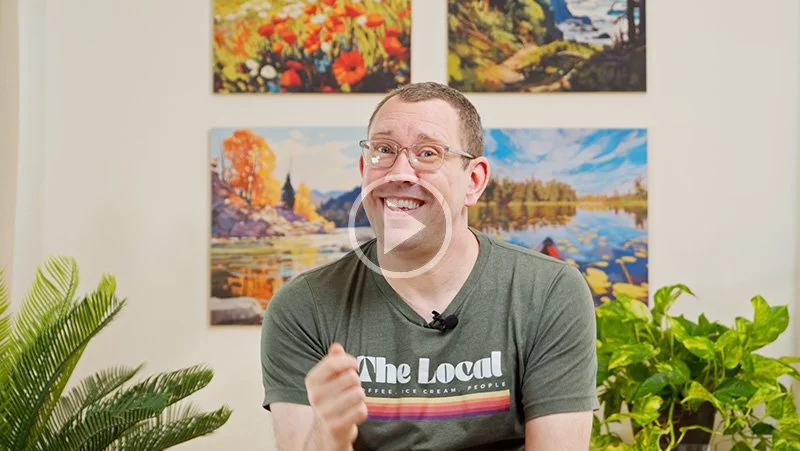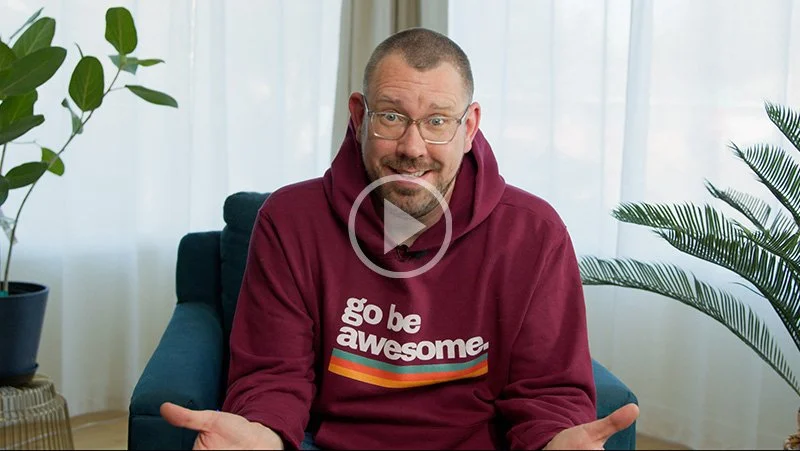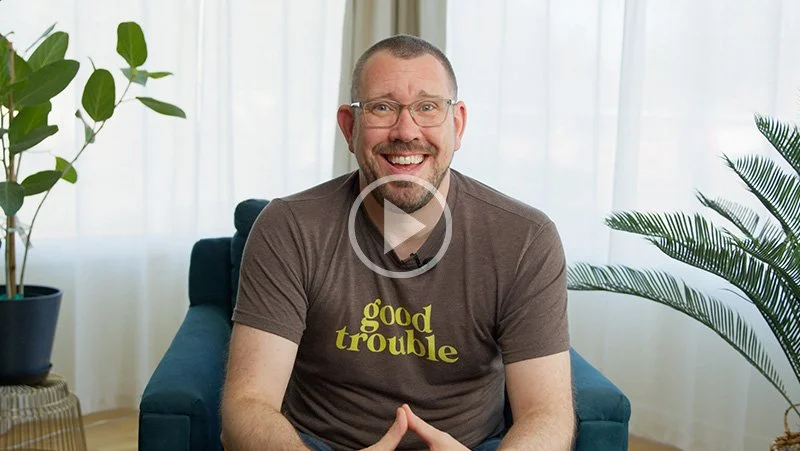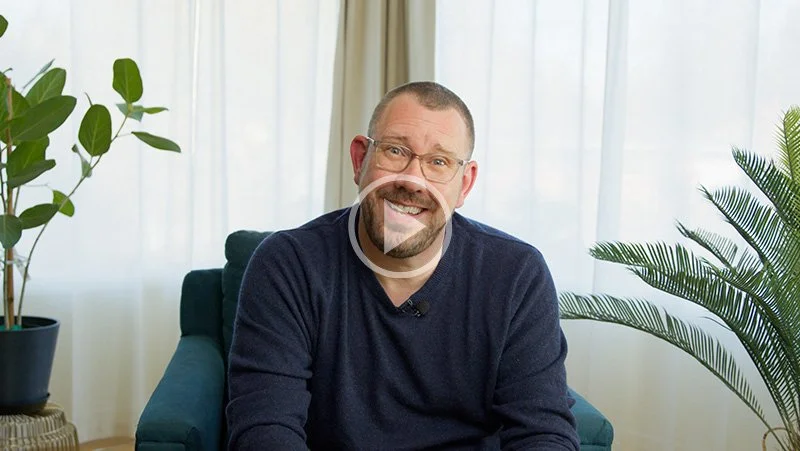DEI: Awareness Blind Spots & Other People's Experience
Welcome to the #culturedrop. Every Tuesday, Galen Emanuele emails tools to advance leadership skills, team culture, and personal growth. No spam, just great content. Sign up now to get it in your inbox.
The importance of awareness: A simple and powerful key to DEI and belonging
This week on the Culture Drop I’m diving into something that's probably familiar but deserves more attention: the concept of awareness in relation to diversity, equity, and inclusion. Specifically, focusing on something that can often get overlooked — the different experiences people have in everyday situations, and how a bit more awareness around other people’s experience can make a big difference.
Small actions can have such big impact.
A little while back, a friend of mine shared something on social media that made me really pause and reflect about something I had never considered.
“It’s a matter of awareness; seeing beyond your own experience and considering the ripple effects and potential impact of your actions.”
Her young daughter uses a wheelchair, and my friend posted about the challenge it creates when people carelessly don’t put their shopping carts away in parking lots. It seems like a relatively minor thing, creating a bit more work for the person who’s job it is to round up carts. In reality, those stray carts can block paths that are crucial for people who need wheelchair access to sidewalks and paths.
What may seem like an inconsequential act of leaving a cart on a curb instead of putting it away could actually make a really challenging or unsafe situation for someone else. It’s a matter of awareness; seeing beyond your own experience and considering the ripple effects and potential impact of your actions.
Expanding your lens and perspective.
This idea of awareness of others goes beyond the shopping cart example. It’s about recognizing that other people are having experiences that you will most likely never even think about.
For example, in a grocery store, it’s easy for most of us — especially if we’re of average height — to not give much thought about the layout and placement of items in the store. But for someone who uses a wheelchair or with limited mobility, half the items in the store might be out of reach. That’s something that most of us just don’t consider unless we’ve had that experience ourselves, or are close to someone that has.
“The way we navigate the world, our biases, and our perspectives are all shaped by our own direct lived experiences.”
The point here isn’t that you’re a bad person for not constantly thinking of these things and every aspect of other people’s experience. It’s simply about acknowledging that your experience of the world is wildly different than other people’s. And of course it is, you simply don’t know what you don’t know.
The way we navigate the world, our biases, and our perspectives are all shaped by our own direct lived experiences. And while we can’t fully walk in someone else’s shoes, acknowledging that their experience is different from ours in ways that we can’t possibly understand is a critical step toward being a more inclusive and empathetic human.
DEI is more than just hiring practices.
When people generalize about DEI, it's often framed in terms of hiring practices, especially in relation to a person’s race.
But DEI work and conversations are simply about awareness and action that leads to creating spaces where people are considered, feel seen, and like they belong, inclusive of race, gender, physical ability, or any other aspect of individualism.
The power of small shifts.
Being aware of these differences doesn’t mean you have to radically change your life. What it hopefully does mean is being more mindful and open to understanding how your actions, and the actions of others can impact other humans. Whether that’s as simple as putting your shopping cart away properly, or as profound as recognizing that not everyone can access the same spaces or resources as you for some reason that you weren’t previously cognizant of.
“The simplicity of awareness is that it doesn’t require you to have all the answers or to solve all the problems.”
The simplicity of awareness is that it doesn’t require you to have all the answers or to solve all the problems. It’s about being open to seeing the gaps and being more mindful of how you can contribute to a better world for every person, even in some small way.
We all have different backgrounds, communication styles, needs, abilities, and lived experiences. We can do better together by simply being aware of those differences and taking action when we can to create more inclusive, welcoming spaces.
Related Blogs:
Navigating Diversity & DEI: Own Your Behavior
Understanding & Embracing Diversity on Teams
How Unconscious Bias Impacts Teams & Business
Want more?
This article was created by Galen Emanuele for the #culturedrop. Free leadership and team culture content in less than 5 minutes a week. Check out the rest of this month's content and subscribe to the Culture Drop at https://bit.ly/culturedrop




